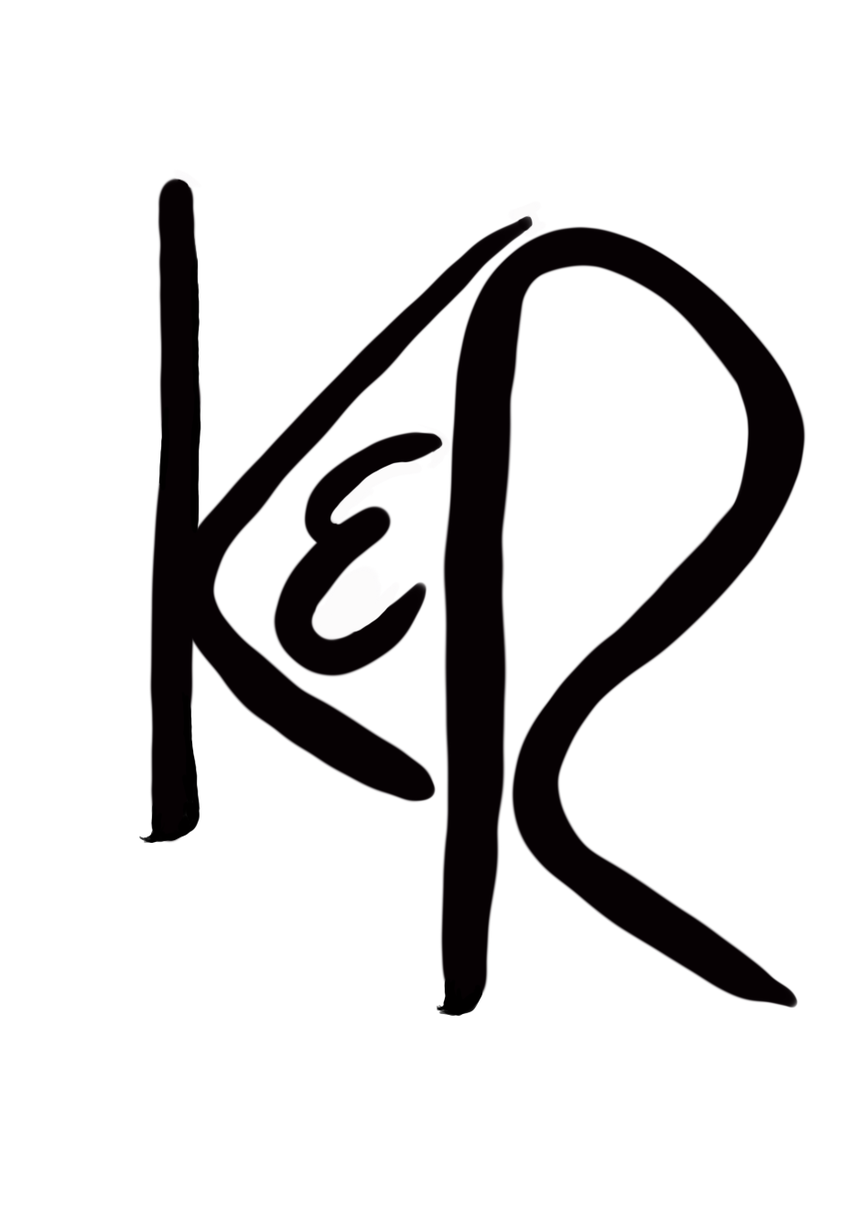It was in the Bay Psalm Book, the first book to be published in America (1640). In its Introduction was this sentence: “God’s Altar needs not our polishings.” The Puritans and other radical reformers in early America were very conservative in their artistic choices. They sang a cappella, in unison, and only from the book of Psalms. These radically-conservative worshipers needed a new psalter that would provide them with more of “a plain translation,” rather than “to smooth our verses with the sweetness of any paraphrase.” They were choosing “conscience rather than elegance, fidelity rather than poetry” in making their translations from Hebrew into English for congregational song.
The results of that editorial choice yielded such congregational gems as this setting of Psalm 23:
THe Lord to me a shepherd is, want therefore shall not I. He in the folds of tender-grass, doth cause me down to lie:
Want to see the “smooth” verses of “sweetness” that they eschewed in favor of more accuracy? It was the Sternhold and Hopkins version that they all had brought over from England with them, which went like this:
The Lord is only my support, and he that doth me feed; How can I then lack any thing, whereof I stand in need?
An alternate setting in the same psalter goes like this:My Shepherd is the living Lord, nothing therefore I need: In pastures fair, near pleasant streams, he setteth me to feed.
To put this into perspective: Tate and Brady published a new psalter half a century after the Bay Psalm Book. Here is their “polished” poetry:
The Lord himself, the mighty Lord, vouchsafes to be my guide; The shepherd, by whose constant care my wants are all supplied.
I go into all this to point out that all of these poems are over three centuries old sound, and they ALL sound awkward and stilted to modern tastes. We would not say that ANY of these settings comes across as smooth and full of sweetness. Culture, and language, is always changing—apparently, rapidly.
What’s more, in truth, these men, claiming to be “translating” from Hebrew into English, were actually already paraphrasing. Their adherence to hymnic meter and rhyme had already driven the strictest translation into an exercise about as awkward as a linebacker slipping on stilettos.
There was a principle behind their choices, no matter what the application. The conservative principle was found in our next passage from the Exodus Event:
An altar of earth you shall make for me and sacrifice on it your burnt offerings and your peace offerings, your sheep and your oxen. In every place where I cause my name to be remembered I will come to you and bless you. If you make me an altar of stone, you shall not build it of hewn stones, for if you wield your tool on it you profane it. And you shall not go up by steps to my altar, that your nakedness be not exposed on it.' (Exodus 20:23-26)
The LORD says an altar should be “of earth” (not of silver or gold), “of stone” (not hewn, not made with tools), with no “steps” (no distracting nakedness). Sounds like “God’s Altar needs not our polishings,” doesn’t it?
WHY have these standards? Modesty? Because we can’t improve on nature? Because all the other cultures were erecting elaborate altars, and YHWH would not stoop to humans become distracted from His nature by their competition and pride? Because we bring nothing of ourselves; it is all His work? Because any of this would constitute a graven image that we would bow down and worship?
I think primarily these restrictions are there to keep Israel from any distractions. The center of what happens on an altar is God’s mysterious work of innocent animal death making atonement for human sin. A plain altar keeps the attention on the solemn sacrifice that is taking place.
Keep this in balance: We just talked about the artistry and design that God Himself dictated for the Tabernacle. It’s not that he never wants an artisans and craftsmen. But the altar itself? Something far more severe is taking place there, and we only cheapen it to turn it into a spectacle.
YOUR ENCOUNTER
Let me come back to the subject of congregational singing now. How do we apply this principle of no precious metal, no fashioning tools, no accidental nakedness? Do that mean we do like the early settlers did and sing only the Psalms, while pressing them awkwardly into meter and rhyme? Pretty obviously for our generation, that is not a relevant application of the LORD’s command.
It’s easy to say what God’s instructions are NOT. Much more difficult to suggest how we might apply the principle today. No church buildings? Unfinished church buildings? No lights and artificial fog? No projection? No animated projection? Only white-on-black projection? No instruments? Modest clothing on stage? No women on stage? No stage? No steps leading up to the stage? Deeper lyrics? Less poetic license with lyrics?
It would be impossible—and silly—to try to make modern application of an animal sacrifice and congregational singing. However, the instructions are there for a reason, and here’s what I think it might be:
NEVER LET ANYTHING TAKE YOUR EYES OFF OF JESUS. Be laser-focused on HIs atonement, the solemn celebration of His substitutionary sacrifice, the retelling/reenactment of His story on our behalf. If we do ANYTHING to distract from the birth, life, death, burial, resurrection, ascension and return of Jesus, WE ARE MISSING IT! Worship leaders: STOP WASTING YOUR TIME TRYING TO IMPRESS GOD, OR IMPRESS PEOPLE, OR IMPROVE YOUR CAREER! This is FAR too serious a matter to take the glory for yourself. Remember the fall of Lucifer. Preach the Word, in season, out of season, boldly and humbly, with all transparency. Remember: it’s not about YOU!
